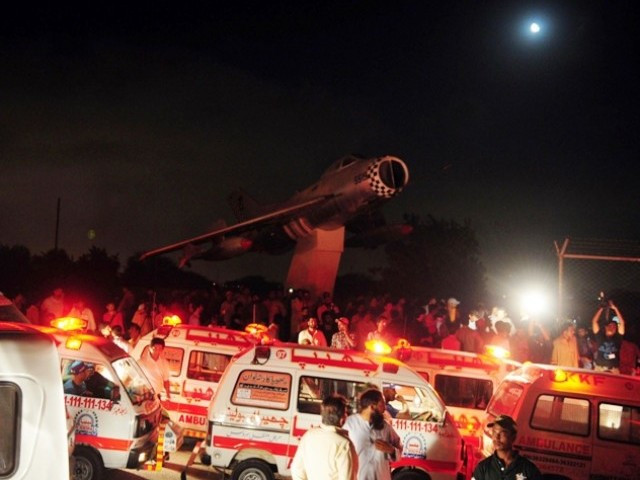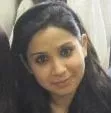The standoff at the naval base on Sunday night excited the electronic media so much that in a bid to give as complete and precise information to the viewers as possible our presenters forgot that the areas they were talking about were all sensitive military installations and as such classified for outsiders.
Karachi’s citizens who were obviously the affected population knew full well where exactly the base is located, and did not need to know what lies inside. All that was needed was information about the casualties, the number of people affected, hostages, the intensity of the fight, and the nitty-gritty. Information such as the map of the base, areas surrounding it, linking paths and details about the aircraft and weapons inside as well as the activity of the base needed to be concealed as it would have aided the terrorists inside had they been relying on help from their backers from outside the field of attack.
As a civilian I got to know that there is a runway that runs parallel to Shahra-e-Faisal, that there are foreigners working inside the base and that the PAF and the Mehran base are highly sensitive areas with huge military installations. Of course it was common sense before, but these verifications from a source as reliable as the media that even showed the footage of the area could have provided any potential terrorist a lot of knowledge.
At times the information explosion is so bad that we get different channels reporting different facts. It seems in broadcasting the reporters do not need a source to quote. They will just relay whatever they see and perceive it as. In the case of this navy base assault alone, we were caught up in a swirl of rumours even as reporters were on ground whose job it was to give us precise facts instead of what a common man may speculate from just seeing the situation.
This particularly applies to television channel reporters as they mostly tend to rush with whatever little and often unverified information they receive in a bid to break the news. On the other hand the print reporters get enough time for accurately checking the facts before they file their stories. I know our public has now become very demanding where news is concerned, but our reporters and their supervisors need to be just a little more careful and responsible at times like these.
TV coverage of PNS Mehran attack
Did the media really have to give out the classified description of sensitive military installations?



COMMENTS
Comments are moderated and generally will be posted if they are on-topic and not abusive.
For more information, please see our Comments FAQ